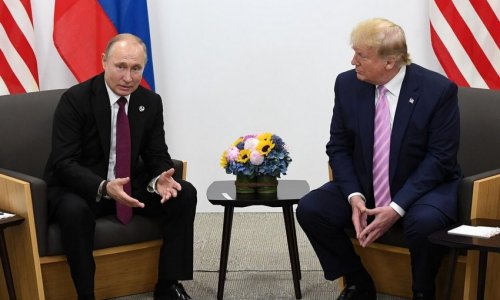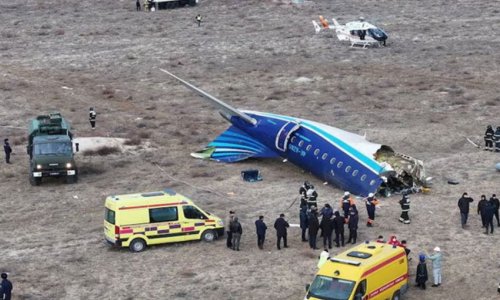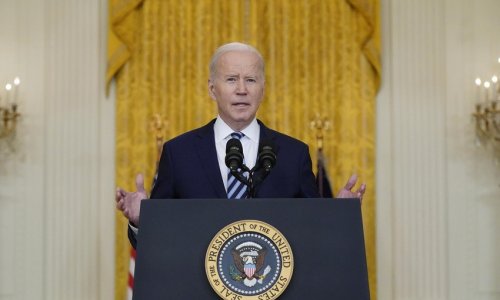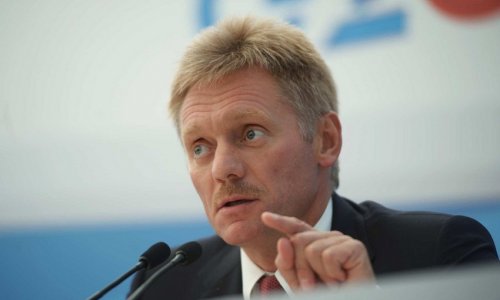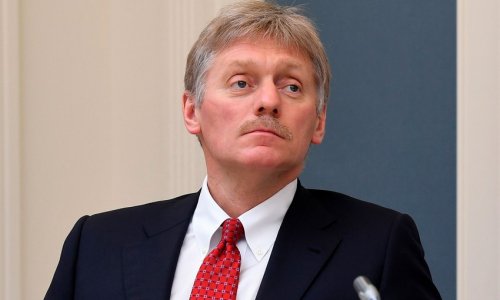In imitation of Tsar Peter the Great, who constructed St Petersburg in a swampy wilderness to act as a window to Europe, Putin showcased his modernizing credentials with an Olympic complex on a swampy coast and a brand new skiing resort in the mountains. Russians took genuine pride in the Olympics, and by extension, their country's achievements in the post-Soviet era, in spite of problems that remain. The record medal count proved them right, while the humor of the closing ceremony's "unopened ring" demonstrated self-confidence.The view from the west, pigeonholing the games as a Kremlin project or arguing that "Putin's Olympics" demonstrated a resurgent Russia to the world, only annoyed the Russian people and showed how the mainstream western media and many western leaders are stuck in the past. For starters, western leaders obsessed over security issues in the run-up to the Olympics. Then, when the time came, those leaders failed to attend the games in a show of solidarity against international terrorism, which is the greatest common threat to western civilization. Then, there were the headlines parroting a questionable figure that Sochi was the most expensive Olympics ever.For two decades, Russian athletes lacked facilities in which to train for winter sports, which took many of them as far as the United States in search of suitable venues. And in Russia, a country where citizens drink and smoke too much, promoting health through athletics has become a government crusade with important demographic implications. Russian television accompanied the games with an avalanche of every living Russian medalist to give commentary and interviews. Athletic schools and academies from all over the country were relentlessly featured on air, while the official government Sochi site included information about regional athletics centers. The strong Soviet sports legacy suggests that these seeds will fall into fertile soil.Many western observers also overlooked how the Olympics were part of Putin's grand strategy to modernize Russia by locking it into international commitments that force it to produce results under global scrutiny. The Sochi games, Russia's recent ascension to the World Trade Organization, the upcoming G8 summit in Sochi, and the World Cup in 2018 are all forms of investing in Russian infrastructure and exposing its people to foreign expectations and standards. The young athletes and thousands of young Russian volunteers whom the IOC President praised for their contribution to the games are the real face of the new Russia that wants peaceful and gradual modernization.As a window to the world, Sochi allowed foreigners to take a closer look at Russia and its people. But it also let Russians gauge attitudes towards their country – and the cold draft that blew in from the west was sobering. In a rush to demonstrate their liberal credentials to their own populations, western governments and the majority of western media outlets failed to distinguish between the Putin government and the Russian people, only insulting the latter by politicizing the games, sending low-ranked delegations, and dishing up a feast of negativity.The cold war is over, but some people want it to live on. The Russian people, who are moving on, who embrace foreigners and their country's successes, don't deserve to bear the brunt of the persistence of such a myopic view. Cultural respect will lead to diplomatic respect, which is the only foundation for cooperating on diffusing current international crises, especially in Syria and Ukraine.(theguardian.com)ANN.Az
The real political takeaway from the Olympics: the west needs to get over the cold war
World
18:30 | 25.02.2014
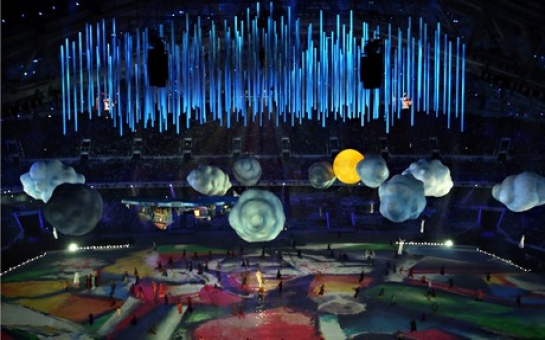
The real political takeaway from the Olympics: the west needs to get over the cold war
When asked about Russia's enemy during the Olympics, President Vladimir Putin answered that, most often, Russia was her own worst enemy. The response – brutally honest and also artfully calculated – intimated a self-image problem Putin attempted to shatter. Instilling a sense of national pride in the Russian people has far-reaching implications for Eurasia, as domestic self-confidence and international respect have always contributed to Russia's willingness to cooperate in solving diplomatic crises.
Follow us !

